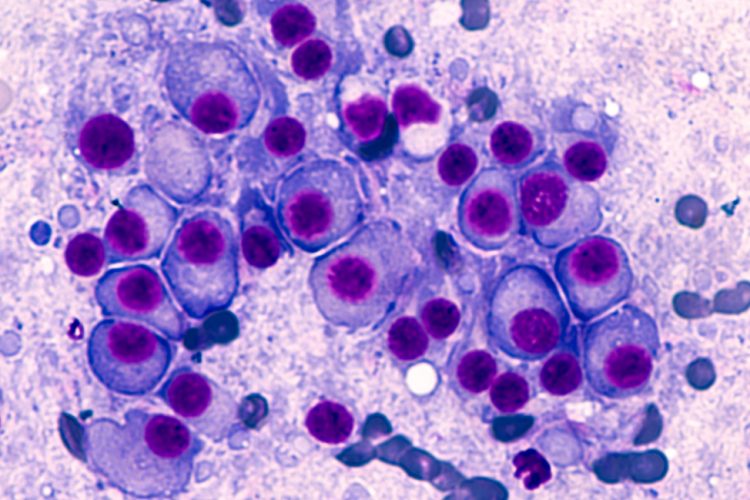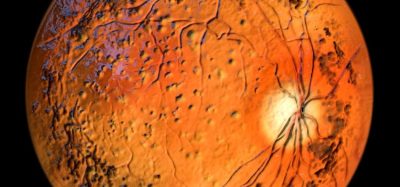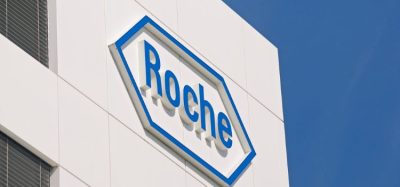Abecma is the first treatment approved by EC for multiple myeloma
Posted: 20 August 2021 | Anna Begley (European Pharmaceutical Review) | No comments yet
The European Commission (EC) has approved Abecma, the first anti-BCMA CAR T-cell therapy for patients with multiple myeloma.


Bristol Myers Squibb announced that the European Commission (EC) has granted conditional marketing authorisation (CMA) for Abecma (idecabtagene vicleucel), the first B-cell maturation antigen (BCMA)-directed chimeric antigen receptor (CAR) T-cell immunotherapy, for the treatment of adult patients with relapsed and refractory multiple myeloma.
Abecma is the first and only approved CAR T cell therapy that is directed to recognise and bind to BCMA, leading to the death of BCMA-expressing cells. Abecma is delivered via a single infusion with a target dose of 420×106 CAR-positive viable T cells within a range of 260 to 500×106 CAR-positive viable T cells. It can be administered in patients who have received at least three prior therapies, including an immunomodulatory agent, a proteasome inhibitor and an anti-CD38 antibody and have demonstrated disease progression on the last therapy.
“The EC approval of Abecma is an important milestone for the treatment of multiple myeloma and moves us closer to offering a first-in-class, personalised therapy to patients in Europe battling this incurable disease after exhausting prior treatment options with the three standards of care,” commented Samit Hirawat, chief medical officer at Bristol Myers Squibb. “With this third regulatory approval for Abecma worldwide, we are proud to be advancing the science of cell therapy and continuing to bring this first anti-BCMA CAR T-cell therapy to patients in need.”
The efficacy of Abecma is based on results from the KarMMa study in which 128 patients with relapsed and refractory multiple myeloma who had received at least three prior therapies including an immunomodulatory agent, a proteasome inhibitor and an anti-CD38 antibody and were refractory to the last treatment regimen were treated with Abecma.
The overall response rate (ORR) was 73 percent and 33 percent of patients achieved a complete response. Onset of response was rapid, with a median time to response of one month. In addition, responses were durable, with a median duration of response (DoR) of 10.6 months, and 23 months for those who achieved a complete response.
In a pooled safety analysis of 184 patients treated with Abecma in the KarMMa and CRB-401 studies, cytokine release syndrome (CRS) occurred in 81 percent of patients. There was one case of fatal (Grade 5) CRS reported. The median time to onset of CRS was one day and the median duration of CRS was five days.
Any grade neurotoxicity (NT) of the 128 patients receiving Abecma in the KarMMa study occurred in 18 percent of patients, including Grade 3 events in 3.1 percent of patients, with no Grade 4 or 5 events occurring. The median time to onset of NT was two and the median duration was three days.
The most common adverse reactions (AEs) in the pooled safety analysis included neutropenia, CRS, anaemia, thrombocytopenia, infections – pathogen unspecified, leucopenia, fatigue, diarrhoea, hypokalaemia, hypophosphataemia, nausea, lymphopenia, pyrexia, cough, hypocalcaemia and infections.
Abecma is approved for use in all European Union (EU) states. It was granted Conditional Marketing Authorization under the European Medicines Agency PRIME (Priority Medicines) scheme.
Related topics
Anti-Cancer Therapeutics, Big Pharma, Biologics, Biopharmaceuticals, Clinical Trials, Immunotherapy, t-cells, Therapeutics
Related organisations
Bristol-Myers Squibb, European Commission (EC), European Medicines Agency (EMA)









